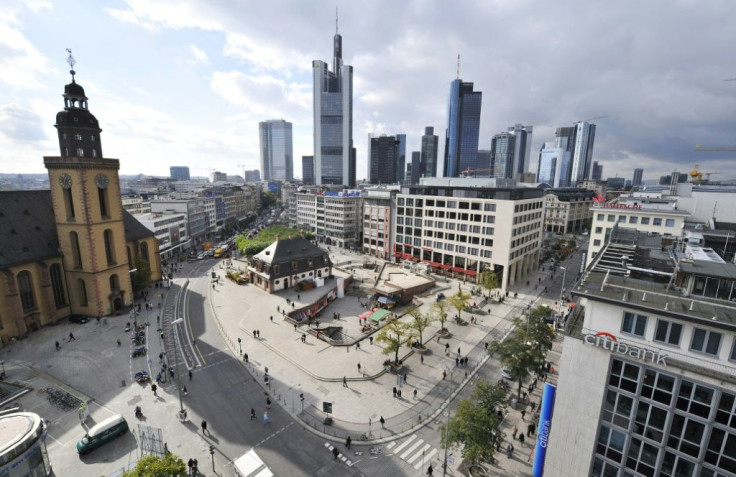Germany News: Exports Rise In September, Could Europe's Biggest Economy Avoid Recession?

Official government statistics released Friday showed that Germany's exports unexpectedly increased by 1.5% in September, beating market projections of a 0.3% increase. Germany is an export-based economy, with some experts having forecasted a recession due to the global U.S.-China trade war and a looming Brexit.
"While there is no doubt that industry is in recession, the entire German economy could have avoided another contraction -- hence another technical recession –at the very last minute," ING economist Carsten Brzeski said about the rise in exports.
Germany's economic GDP growth fell by 0.1% in the second quarter, with government figures in the third quarter expected Thursday. Germany is Europe's biggest economy and is known for its high-quality automobiles and machinery which is sold to other countries.
German automakers have been victims of the U.S.-China trade war and the slowing Chinese economy. German carmaker Daimler announced that its sales growth in China dropped to just 5.5% in August, down from 13.7% in June.
The tense political situation in the U.K. could also have major consequences on Germany's economy. If the U.K. leaves the European Union without a deal, a report by the German Economic Institute said that German companies could have to pay more than 3 billion euros ($3.3 billion) in custom duties. Another study by two German research universities in February suggested that a hard Brexit could affect 100,000 jobs in Germany.
Germany had seen continuous economic growth since the mid-2000's, experiencing positive economic GDP growth in the last 35 out of 40 financial quarters.
The German government may have to spend more to jumpstart the economy, but this could challenge the country's balanced budget policy.
© Copyright IBTimes 2025. All rights reserved.





















